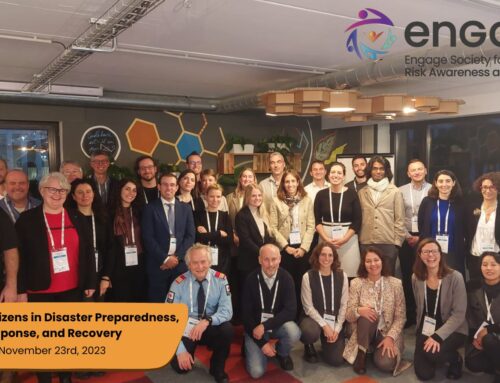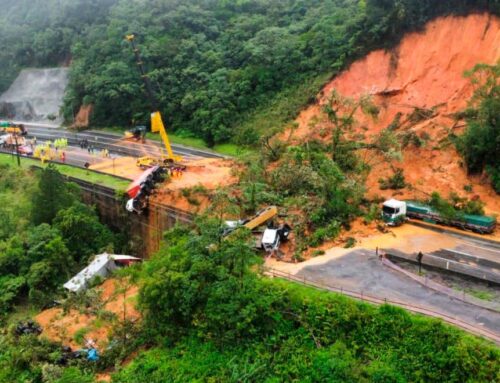ENGAGE explores the potential of informal solutions to enhance societal resilience.
Emergency responders usually use different types of solutions such as tools, guidelines, and plans to deal with emergencies. These solutions are usually pre-planned, tested, supported by legislation, and developed by a responsible stakeholder. For this reason, these solutions can be referred to as formal solutions.
You can find more information and examples of formal solutions on our Knowledge Platform’s Catalogue of Solutions.
On the other hand, sometimes emergency responders utilize some sort of informal solutions. These solutions appear in two categories: the first refers to some common practices in certain situation which reflected the results of accumulated successful experiences that emergency personnel use almost instinctively to respond to situations. The second relates to those created spontaneously because a formal solution does not exist, or it does not work, or was not planned well due to a lack of resources or the occurrence of an unexpected situation.
Why is it important to establish the difference between what is formal and what is informal?
There are three main reasons for this:
- Liability prevents emergency responders from adopting informal solutions, because if they do not follow the established protocol, they will be held liable and could be punished.
- Frequently utilizing informal solutions gives an indication that there is a gap that needs to be covered by new, formal solutions or by formalizing these informal solutions.
- The appearance of informality is an indicator of the society’s capability to adapt and cope with new and unexpected situations, which indicates resilience.
Within the next few months, ENGAGE will aim to answer two main questions related to informal solutions:
1) How can the idea of informality be utilized in order to enhance resilience?
2) How can informal solutions be formalized?
If you are interested in learning more about informal solutions and their role in enhancing societal resilience, you can read our deliverable on the topic, entitled “Informal solutions to improve societal resilience”.
Authors: Sahar Elkady, Eulalia Gomez Martin, Leire Labaka (TECNUN)
Picture credit: Flickr





